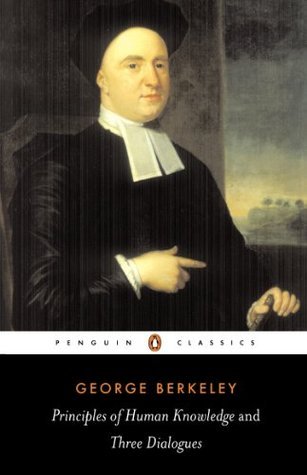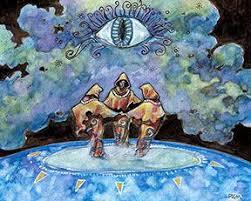What do you think?
Rate this book


224 pages, Paperback
First published January 1, 1710
"شكّاكيت، اگر به درستی دنبال شود، به يقين منتهى خواهد شد."
There once was a man who said, ‘GodBerkeley's solution lies in God. Unless ‘sensible objects’ do, after all, have no existence when unperceived by us, their continued existence must depend on their ‘subsist[ing] in the mind of some eternal spirit’ (P6).
Must find it exceedingly odd
If he finds that this tree Continues to be
When there's no one about in the Quad.’
Dear Sir, Your astonishment's odd;
I am always about in the Quad.
And that's why the tree Will continue to be,
Since observed by yours faithfully, God.
